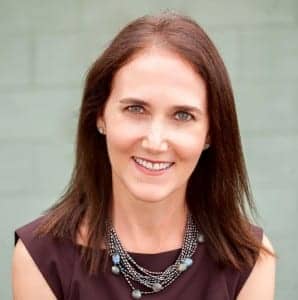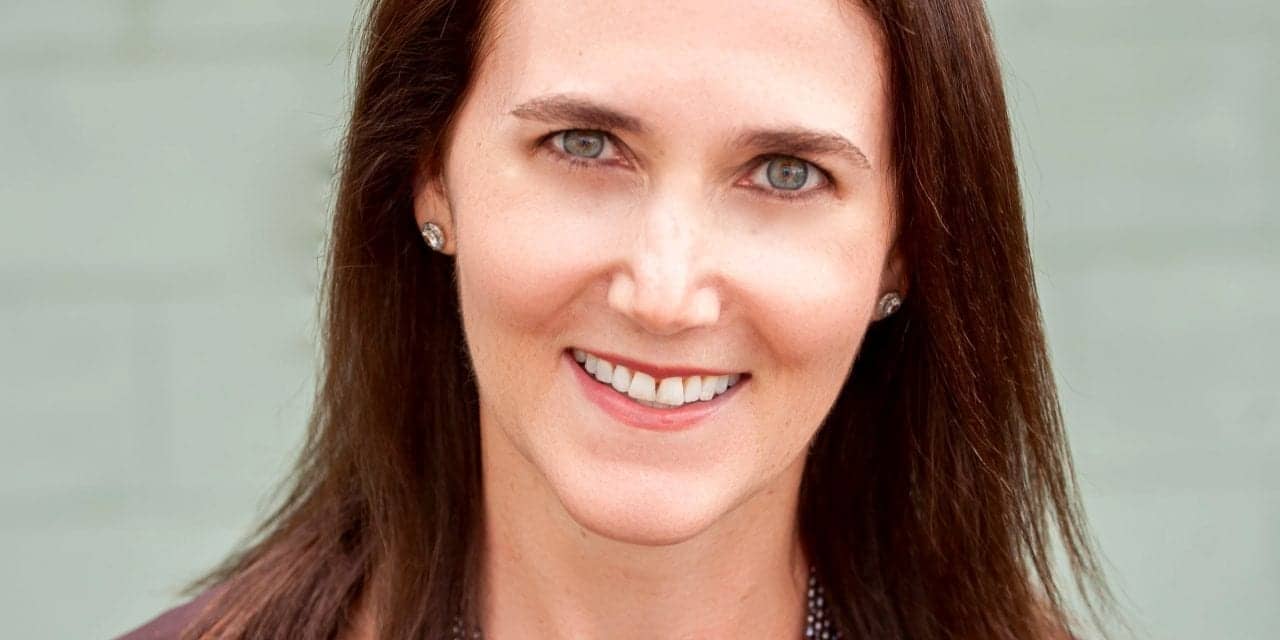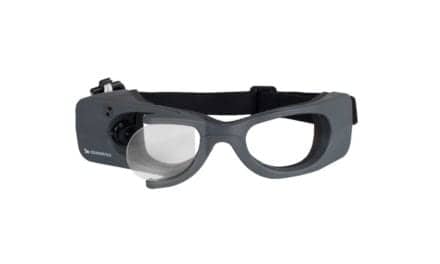“The audiologist will see you now.” Six simple words and my stomach fell. I was here to get my hearing tested. Hearing loss in my 20s? How could this be true? But, I knew it was, even before the test. I was going to need hearing aids—just like my father had before me. It is genetic and there is no cure.
I struggled through the test—false positives galore as I tried to deny the inevitable. The audiologist was too smart for this tactic and the result came back as mild hearing loss. “No need to do anything yet,” he said, “but watch it and if it gets worse come back for another test.”
The message was clear. Ignore your hearing loss for as long as possible. So I did.
Perhaps that was not the directive that the clinician intended, but it was the one I took with me. I often wonder if hearing care professionals understand the power and influence they have, particularly in the first few sessions where the patient’s hearing loss is still an open wound and the patient is fraught with despair and fear. The tone that an audiologist sets will direct the patient’s approach to treating—or not treating—the hearing loss for many years to come.
I have frequented several audiologists during my 20 years of living with hearing loss and have had a wide variety of experiences. Some seemed to care very much about my ability to hear. Others appeared more interested in fitting me with a hearing aid and getting me out the door. Certain audiologists inspired me to work harder on my hearing, while others left me feeling depressed.
How can you inspire your patients to hear their best? Here are my suggestions:
Treat them with respect and compassion. Make the appointment about the person and his/her hearing needs rather than about choosing a device. Set realistic expectations and a timetable for improvement to keep your patient engaged in her treatment and her life. Provide written instructions to minimize confusion and unnecessary follow-up.
Learn new technologies. There are many accessories that can make your patient’s hearing aids work better in a variety of situations, and new ones are on the way. Learn new technologies (and old ones like t-coils) so you can offer them to your clients. A monthly seminar on new technologies could provide useful community outreach and perhaps incremental revenue.
Embrace the broader hearing loss community. Familiarize yourself with hearing loss groups such as Hearing Loss Association of America (HLAA) in your local area so you can recommend them to your patients. Attend a chapter meeting or fundraising event to better understand the issues people with hearing loss are facing.
Speak up against noise. You see the difficulties your patients face because of their hearing loss. You know how loud is too loud. Use your authority and expertise as an audiologist to educate shop owners, schools, restaurant owners, and others about safe volume levels. If you hear something that is too loud, speak up! It benefits us all.







I have an Audiologist at the Veterans Administration Clinic that has done just this. He is honest about hearing aid limitations but still pushes the limits, and pushes me to never give up.